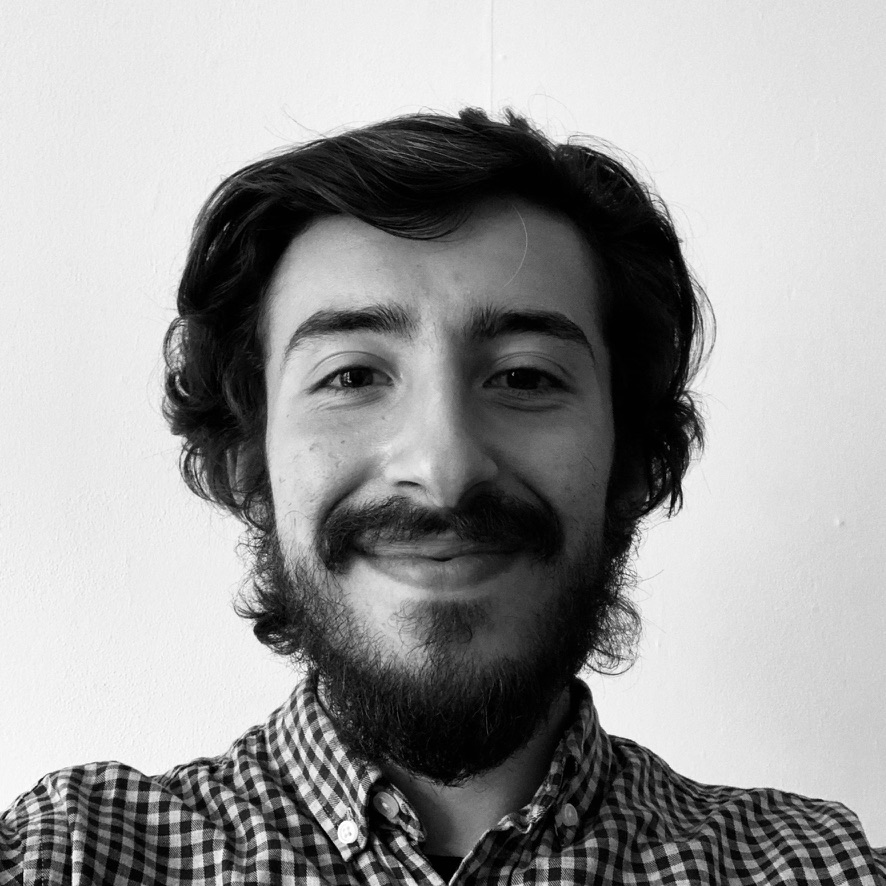
In this short blog post, we relaunch our Wikimedia Series with the first episode of the series, “Wikimedia and Academia”, which was originally released in December. This episode brilliantly introduces the series by considering a recontextualization of Wikimedia’s place within academia. We encourage you to revisit the episode-specific blog post for this episode.
11 days ago, Wikimedia celebrated its 21st birthday, an impressive feat for a multilingual online encyclopedia written and maintained by a community of volunteers through open collaboration. Our podcast series seeks to celebrate Wikimedia’s anniversary by exploring its current, and potential, role within academia. Spanning five episodes, the series features fascinating discussions about Wikimedia in relation to languages, science, gender, and much more. Wikimedia has somewhat of a controversial place within academia, but does it deserve it?
I want to posit the idea that Wikipedia has somehow become a ‘whipping boy’ for the open web in some respects that it’s come to represent all that is evil, a free for all of information that is unregulated. When, as we’ve discussed it, it can be this digital gateway and a place to orientate yourself at the beginning. And I was struck by something a chemistry professor said, that he started researching chemistry terms, and he was interested to see what came up first in Google’s results. And what he found is when he put in a chemistry term that didn’t have a Wikipedia page, it was much, much harder to orientate himself as to what that term was actually all about.
Ewan McAndrew, Wikimedian in Residence
We hope that you enjoy this fascinating series, and look forward to releasing the remaining episodes on a weekly basis. Keep a lookout for our second episode, “Wikimedia and Languages”, releasing next Wednesday!
Produced and edited by:
 ERIC BERGER
ERIC BERGER
Eric is a Mathematics and Statistics student at The University of Edinburgh, and a podcasting intern for Teaching Matters. Eric is passionate about university student mental health, interviewing researchers for the Student Mental Health Research Network at King’s College London, leading the University of Edinburgh’s WellComm Kings Peer Support Scheme, and conducting research on stigma for People With Mental Illnesses (PWMI). In his free time, he enjoys watching and playing sports, over-analysing hip-hop songs, podcasts, and any sort of wholesome shenanigans.

